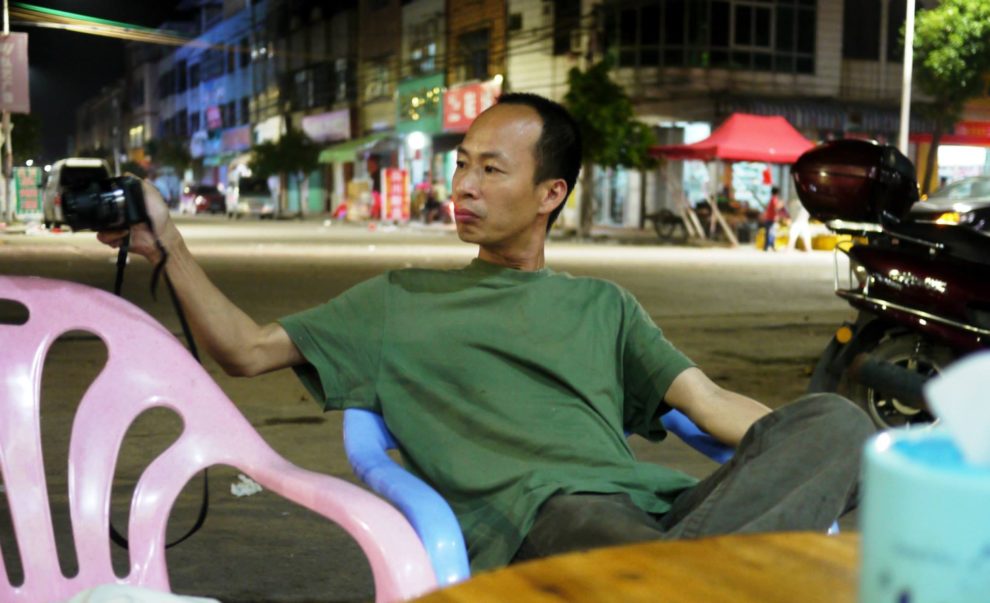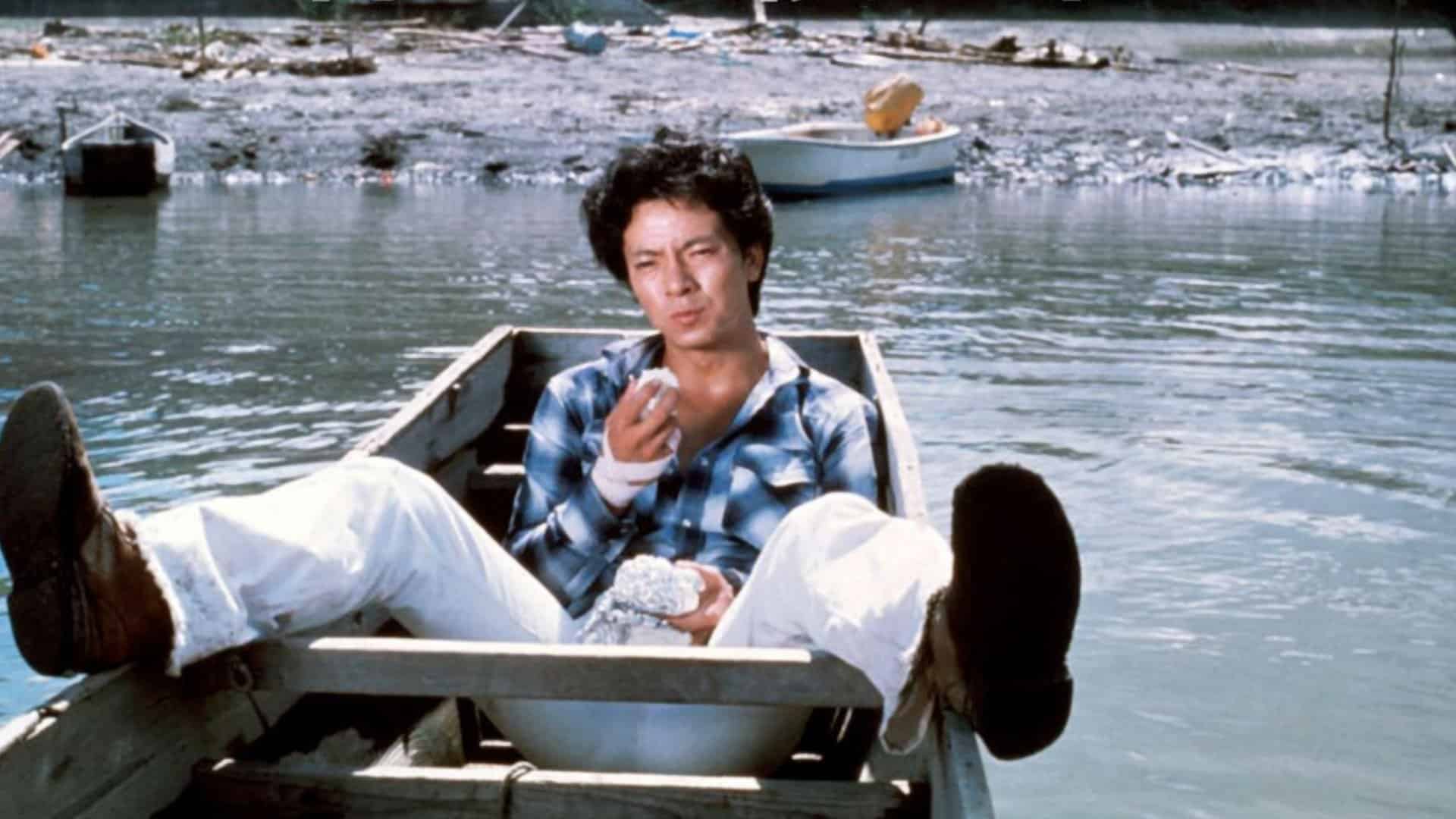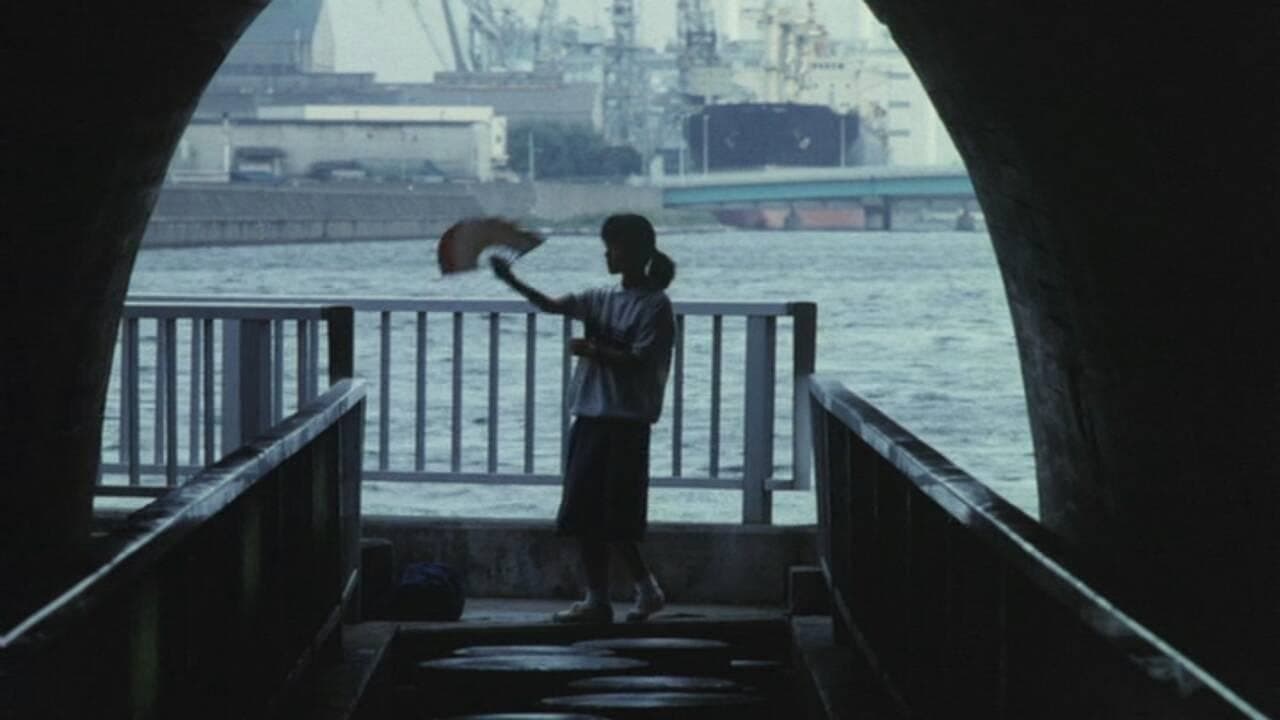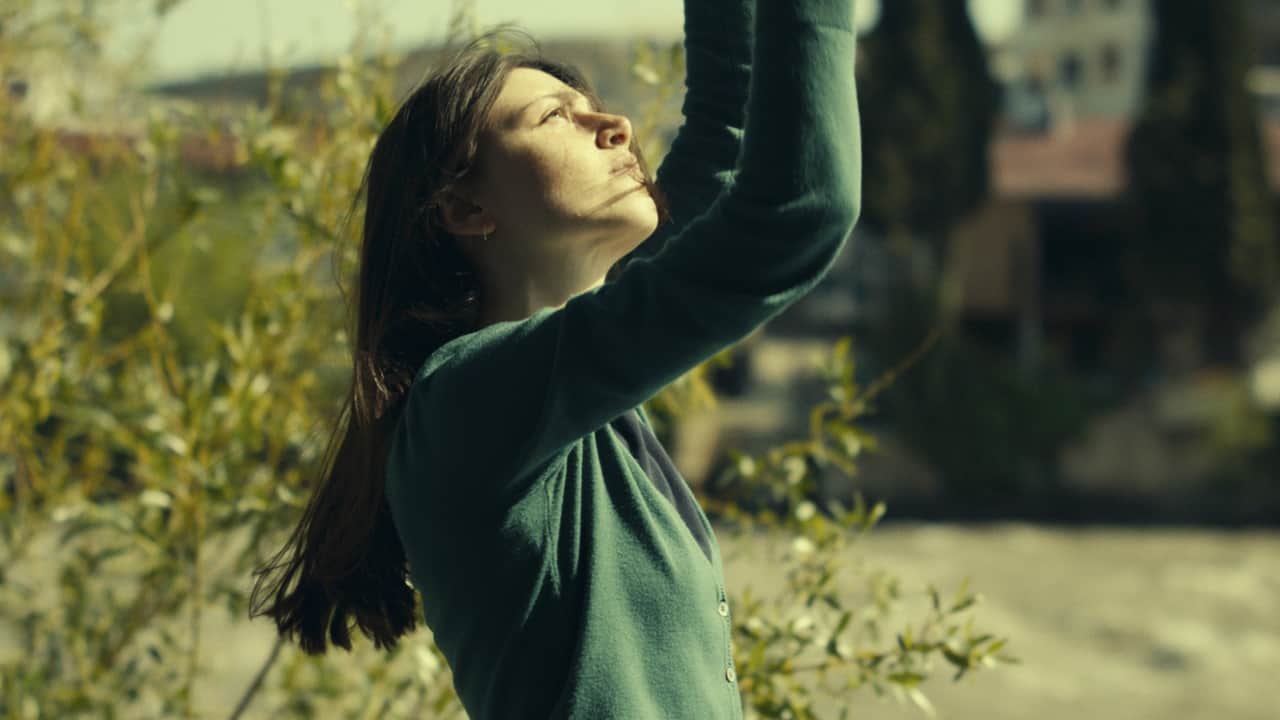by Cho Jinseok
In early 2021, Chinese filmmaker Zhu Rikun sent me a work-in-progress copy of his remarkable documentary “No Desire to Hide” and I provided some feedback on the film's still-in-development subtitles and a few elements relating to its cutting. Fast forward a few months and after seeing the final version, the film was basically as I remembered it upon first viewing: an intimate portrait of the very messy love affair between two young, rather privileged, Chinese people navigating a modern China attempting to assert its own complex moral framework in which its citizens must conform.
While the two youths in focus – filmmaker Wu Haohao and his partner Ge Ningning – may or may not be typical of many of China's wealthier younger people, Haohao is certainly an audacious presence and has his own unique filmmaking backstory. Again, full disclosure, I met Wu Haohao decades ago in Songzhuang but did not remain in contact thereafter; his films have screened at festivals around the world, I've seen a couple and while not to everyone's taste, including my own, he is certainly not shy coming forward with his views on politics and Chinese history, whether in his filmmaking efforts or in person.
A self-confessed lover of both China and Mao Zedong, Wu's dreams of heading to New York City to establish himself as an artist form one crucial dramatic element of Zhu's documentary, a paradox (moving to a capitalist mecca of the USA while clinging to Maoist ideology) in Wu that perhaps is emblematic of a wider cohort of Chinese youth who are both intensely patriotic but have grown up with western popular culture, from the NBA to the Marvel movies allowed in via Chinese censors.
Meanwhile Ge's dreams of stardom and creative satisfaction see her move to Beijing to pursue her career and a lot of her ambitions don't seem a world away from many a young woman in Los Angeles right now. At one point the film even follows her to Europe, and a particularly visually compelling moment sees her dance around in a monorail carriage.
What do these young people and their story say about the state of China's future, a couple who see their hardworking parents as a financial salvation if required and who struggle with their own sexual frustrations and jealousies? Zhu and I discussed his latest film and his plans for the future.
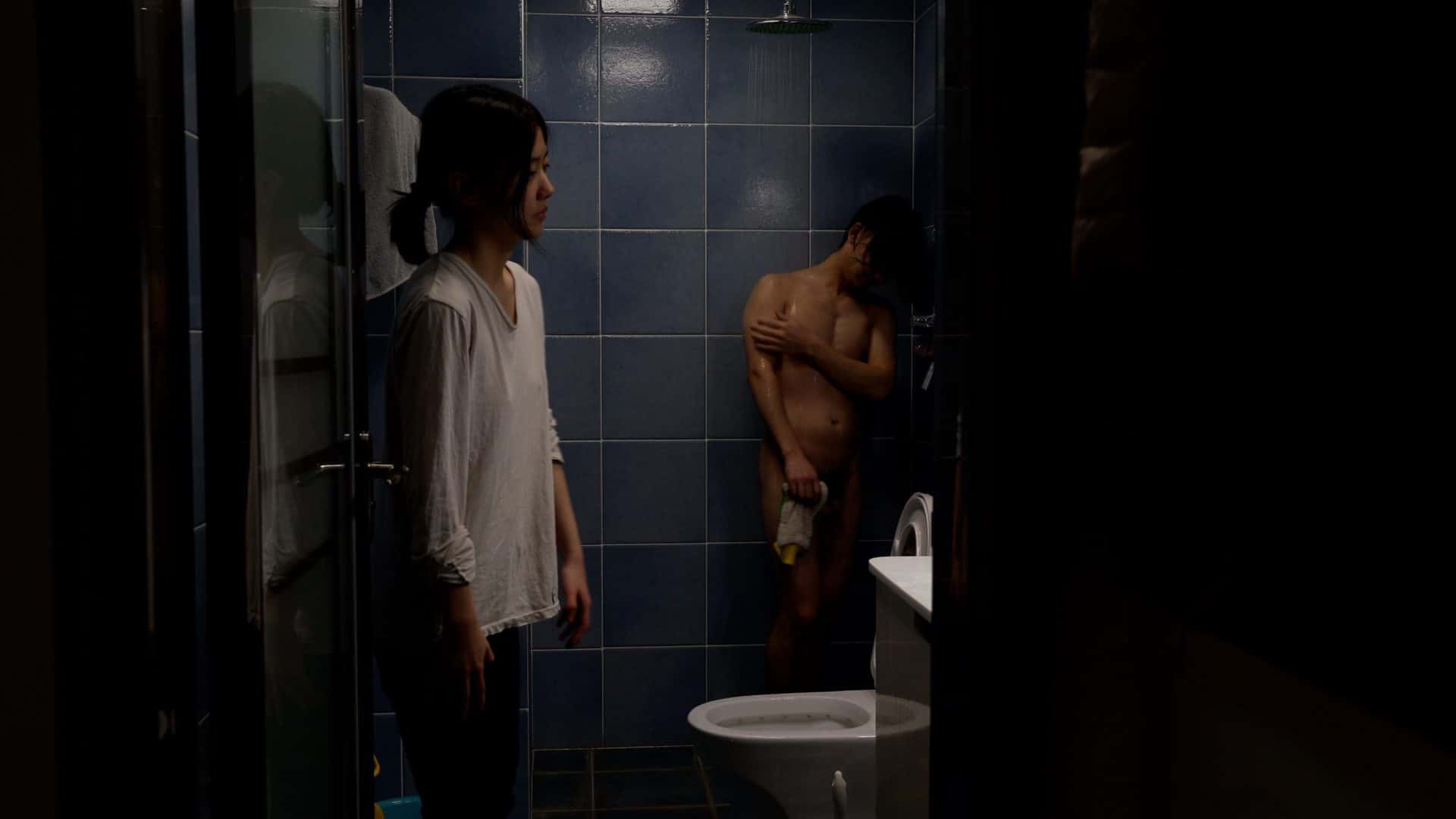
Let's start with the film's subject. I know you have been acquainted with Wu Haohao for a long time given his status as an independent filmmaker in China, but why did you decide to make a documentary about him? What was special about him for you as opposed to many other Chinese independent filmmakers?
I knew Wu Haohao when he was still a college student, almost 20 years ago. He asked me to help him to become famous; he had made some documentaries back then which I thought were quite interesting and different. I showed some of his films in my film festivals and he was also invited to some international festivals and was known by some curators and critics for his films.
Unlike many independent filmmakers, he's a nationalist and a Maoist, he's pro-government and is always angry with the western countries and their values. But around 2017, he told me he wanted to migrate to the US. This contradiction piqued my interest and I asked him if I could film him. He agreed and then I started this documentary.
During filming did you find it difficult being caught between two young lovers and their problems? Did they ever look to you for advice and how did you balance being a distant observer while also knowing them personally?
It went quite smoothly during filming. They both were open to the project and they were quite happy about it at that time. Maybe the problems came from myself, sometimes I didn't really agree with them, and I was not so good at hiding my opinion.
They didn't need any advice from me. It seems quite clear all sides have their different opinions and would never agree on many things. Wu's admiration of Mao and even Xi especially made me uncomfortable, honestly. He was aware of this discomfort; he asked me to tell him my opinion and I did. He's also very nationalistic at the same time.
We see Ge teaching dancing in the film, but with Wu, we know he's a filmmaker (and independent filmmaking is notoriously a financially unstable pursuit) but what does Wu do normally as a job? Is filmmaking his full-time career?
I didn't see Wu Haohao do any other job besides his filmmaking and painting. I don't think his filmmaking and painting can earn him enough to live on, but he did get some income from both. He tries to sell his films on different platforms, even on some adult websites as some people told me.
You've made controversial films in China before, and your festivals have attracted attention from the authorities; did you find any difficulty from the government while you were filming this documentary?
I was lucky and I don't think the government really thinks Wu Haohao and Ge Ningning are dangerous people, though they thought they are communists. It seems the only conflicts with the government happened when I followed Wu to the municipal office, which is called Street Management Authority in China, where the official didn't allow me to film.
What do you think Wu and Ge's relationship says about modern China and the future generations of China?
They both declared to adopt a new relationship than the other Chinese young people, not only in sexual relations, but also about their opinions for something like communism. It sounds like a kind of new desire of life in modern China, which stands for something new and unacceptable for most people. But still in practice, it doesn't go well as planned and patriarchy stands in the way for their ideology of equality. In fact the change doesn't really happen in real life.
After you finished filming have you kept in touch with Wu and Ge? Are they still together? Have they broken up? What is their situation now?
I do have some contact with them but not often. They have broken up and each has a new partner. Wu Haohao doesn't want me to disclose further information about him, though he claims he is a communist and he has no secret to hide.
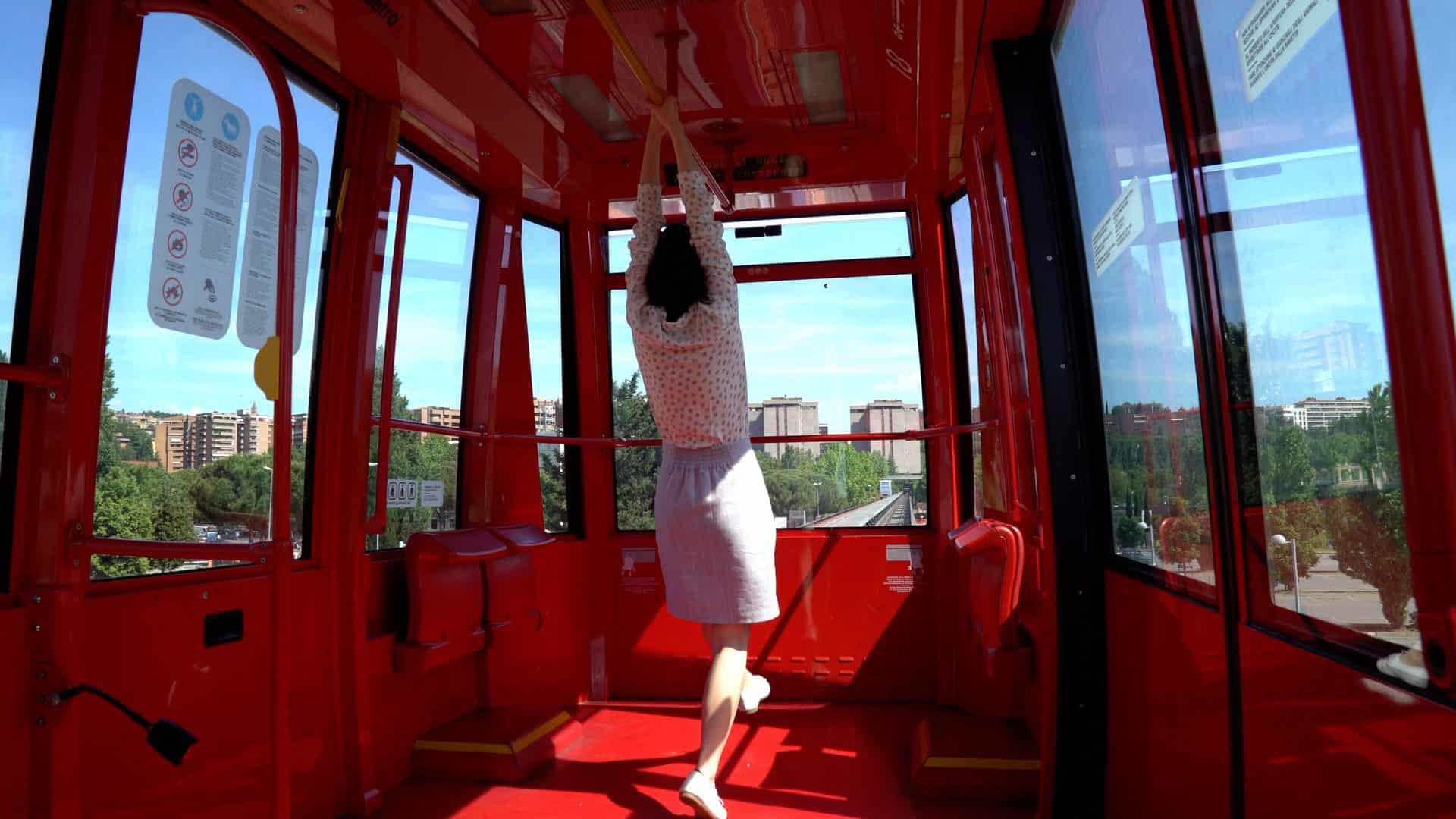
Both Wu and Ge mention they see their parents as a financial salvation for them. Is this common within China for people their age?
Some people like Wu Haohao and Ge Ningning don't think it's a problem for depending on their parents for financial support, others might. Because of the one child policy, many families have only one child. When the child becomes an adult, their dependence continues. Lucky for Wu and Ge but it's not so common in China now, or most young people don't have the opportunity because their parents are not rich enough.
How do you see this film fitting in thematically with your other films?
The characters in “No Desire to Hide” look different from my previous films, the characters may seem like an alternative younger generation to the people in my other films, but it's still about today's China and it's still within my interest to know what is happening in China and why.
You are an important figure in Chinese independent cinema. What is your view on the state of Chinese independent cinema right now, in China and abroad?
Most filmmakers in China don't care what independent films are. The propaganda and commercial films dominate the market, there is no space for independent films in China. Even younger filmmakers don't want to be referred to as “independent filmmakers”. The age for independent films is gone. I didn't expect too much from the phenomenon in China, I'm just not sure it would disappear so quickly as a group activity. Individual works are continuing, but the way to showcase, to discuss, and to distribute are all impossible in China these days.
International film culture provides a way for exhibiting and discussing Chinese independent films but there is not much space for independent cinema either. Many overseas Chinese filmmakers make the same types of film as in mainland China. Right now even the production of independent films is a question. If there's no financial support, no platform, then I don't think there are many choices for real independent filmmakers.
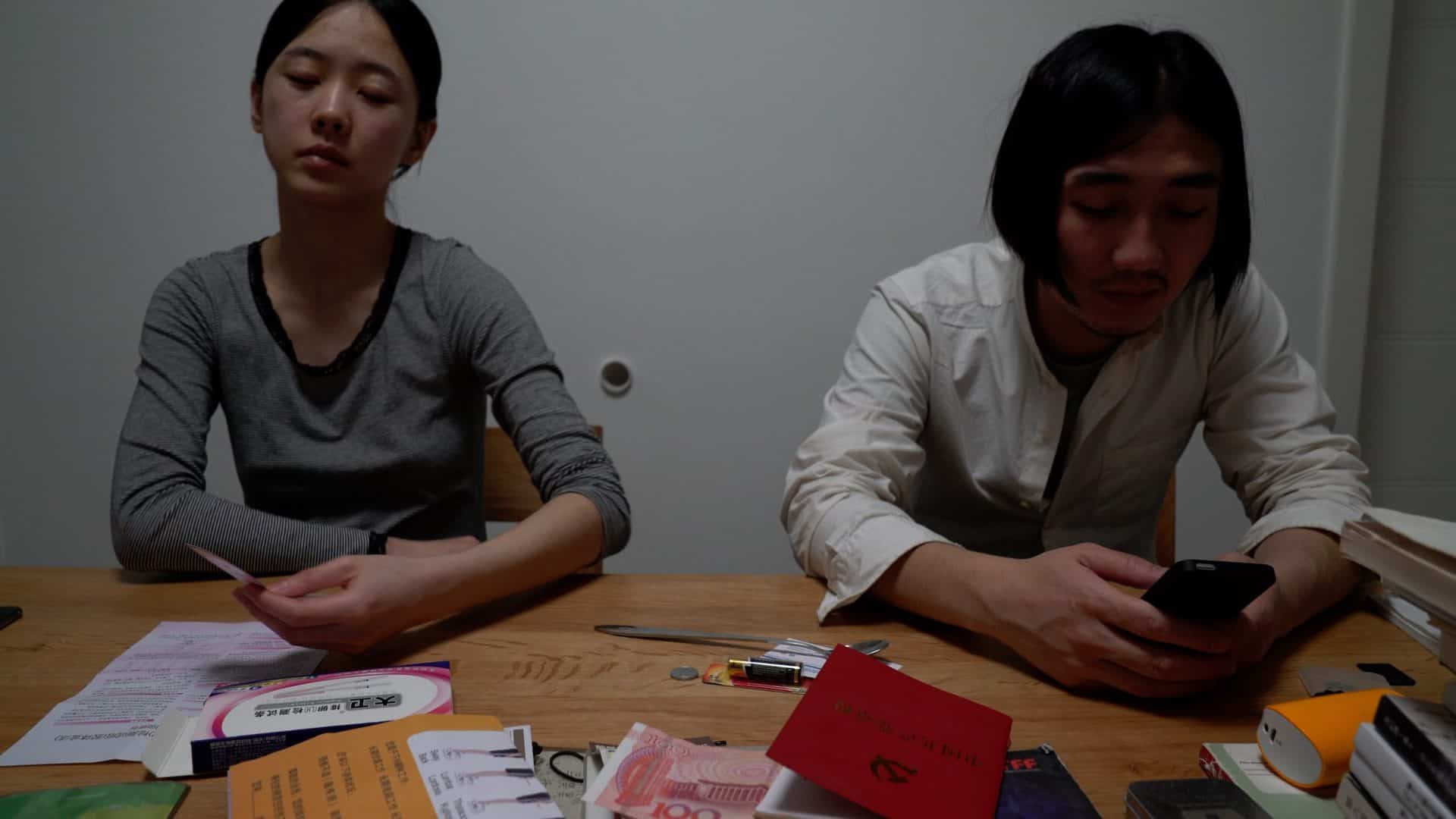
What was the reaction of Wu and Ge after seeing the film?
Wu Haohao said “very good” after he watched it; Ge Ningning hasn't seen it yet, she said she would like to watch it later.
What was the reaction of Chinese and international audiences to the film?
It hasn't been shown in China yet and probably won't have a chance either.
What are your plans for the future?
I am not good at making any plans, it's even more difficult right now with the pandemic. I enjoy the unpredictability of filmmaking. If there are any plans that are certain, it's that I have to finish all the projects I started several years ago.


